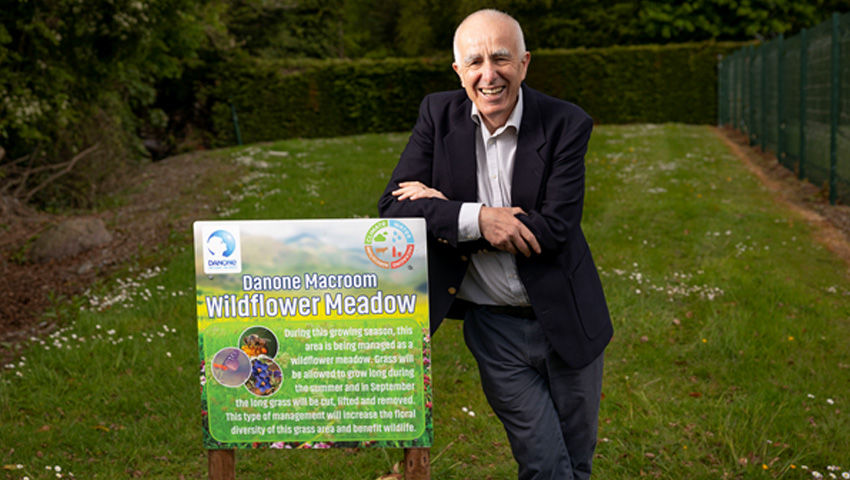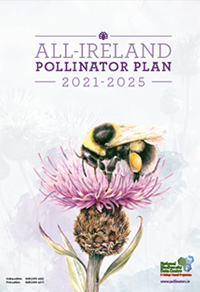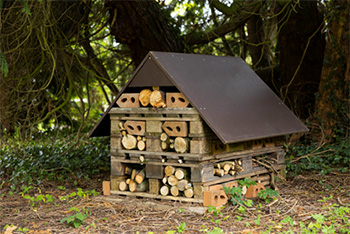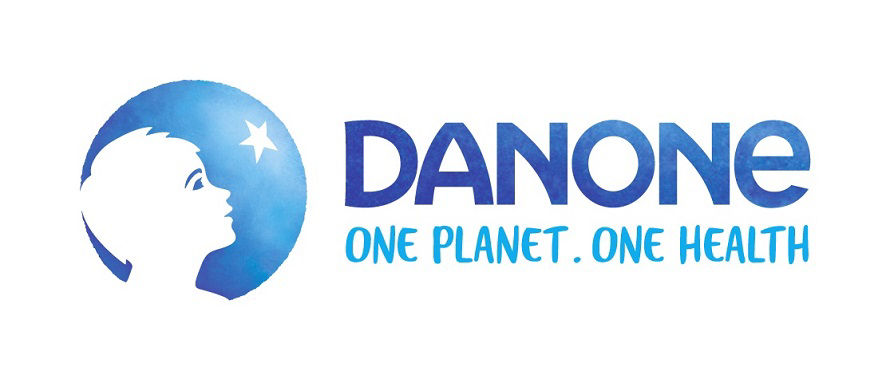
Biodiversity refers to the variety of species of plants, animals, and microorganisms existing and working together in delicate ecosystems to maintain balance and support life. These ecosystems provide humans with the resources, food, medicine and clean water we need to survive.
Though we rely on high-functioning biodiversity, we find ourselves at a critical juncture; biodiversity is declining significantly and swiftly across the globe and many of the world’s ecosystems are now on the brink of collapse.
The World Economic Forum Global Risks Report 2021 highlights loss of biodiversity as one of the biggest threats facing our planet over the next 5-10 years. According to scientists, this is an extinction state in geological history, effectively a “biological annihilation”. With over half the world’s total GDP moderately or highly dependent on nature and its services, this is major cause for concern.
Ireland depends heavily on pollinators and the service they provide as the annual value of insect pollination to Irish-produced food crops is estimated at €59 million. However, of the 98 different types of bees on the island of Ireland, nearly one third is threatened with extinction by 2030 and Irish butterfly populations have declined by 12% over the past decade.
The cost and incredible risk of ignoring this problem is too high. We need to act now to save biodiversity.
Business, like all of us, have a responsibility to play their part in averting this ecological breakdown we are witnessing. Aligning with the National Biodiversity Action Plan to reverse nature decline is key and we are committed to demonstrating our support and ongoing commitment through our membership of Origin Green and the All Ireland Pollinator Plan.
Win-Win
Protecting and improving biodiversity is not just a nice to do - it makes business sense.
Food businesses or organisations that rely on agriculture and nature require flourishing ecosystems to supply their goods and services. Furthermore, businesses see a demand from consumers, stakeholders, and policymakers for action on climate change, including biodiversity loss, and a failure to do so can lead to financial or reputational risks. Leadership on climate concerns means businesses not only mitigate their impact on biodiversity loss and protect crucial ecosystems, but also prepare themselves for future regulatory requirements. The growing focus on Environmental, Social, and Governance (ESG) is encouraging business to make positive change to improve sustainability and biodiversity protection.
Danone is committed to exploring how we can improve biodiversity on our sites and limit our impact on local ecosystems through a range of actions, including our Macroom factory’s participation in the All Ireland Pollinator Plan.
All Ireland Pollinator Plan

The All Ireland Pollinator Plan is a cross-sector island-wide business plan that sets out to reverse declines in pollinating insects on the island of Ireland. The first phase of the plan, launched in 2015, focused on communicating the importance of pollinators and the devastating impact of declining populations.
The new 2021-2025 strategy, launched in March this year, focuses on action. Download the plan and find out more on the All-Ireland Pollinator Plan website. The five-year plan urges businesses, among others, to act for nature by helping support habitat restoration on a scale that demonstrably reverses the decline in pollinators.
Danone Macroom signed up to support the plan in December 2020 and continues to focus on pollinator conservation. Working with the All Ireland Pollinator Plan provides us with expert guidance to ensure we’re implementing the right measures to not just support biodiversity – but specifically, our local wildlife, as each local area and region has a unique ecosystem.
Small Changes, Big Impact

We developed our own biodiversity action plan for the Macroom site. Located on 60 acres of land and within close proximity to The Geragh, a special area of conservation, our unique location offered boundless opportunities for enhancing biodiversity value. In June 2019, Wetland Surveys carried out a study to give an overview of the biodiversity value of the site. The study showed areas of high ecological value such as grassland and woodlands with an opportunity to enhance biodiversity by restoring and protecting nature.
In 2020, we created a biodiversity field where we planted 700 native Irish biodiversity rich trees such as beech, ash, sycamore and alder as well as native Irish wildflower species such as cornflower and meadow buttercup in order to provide a habitat for pollinators.
This year, we designated an area of grass on site as a wildflower meadow. We also built and installed a bee and insect hotel in our biodiversity field to provide shelter for our pollinators and recently added some nesting boxes. The insect hotel was constructed using recycled pallets and discarded materials and filled with logs and twigs from the field. Insects use the hotel to lay their eggs, raise their young and seek refuge from predators.
The changes we made not only benefit biodiversity, but also make the factory a nicer work environment for our staff. The past year has increased our appreciation of the outdoors and the benefits spending time in nature can have on both our mental and physical well being. We have created an outside eating area and walking route from the eating area to the biodiversity field where we’ve installed additional seating so staff can relax and enjoy the nature of the biodiversity field and surrounding areas.
Community Spirit
Getting our staff involved in our biodiversity efforts has been the key. As well as physically helping out, planting trees on site, Danone Macroom runs an internal competition every year called One Planet Champion where staff pitch sustainability ideas Dragon’s Den style. This encourages our people to bring ideas forward so that we can continue to make the changes that are important to our staff and communities. We know that reversing the decline in pollinators cannot be achieved overnight, but by spreading awareness about the biodiversity challenges we face and encouraging other to make small changes in our own gardens and local areas, to improve our habitats and ecosystems, together we can make a big difference.
The team at Danone Macroom is eager to spread the multiple benefits of biodiversity to the wider Macroom and local communities. We will continue to educate and support that through sustainability workshops, engagement with local schools and participation in local initiatives.
Collaborating for Change
Globally, Danone launched an initiative to protect and restore biodiversity within supply chains and product portfolios through the “One Planet Business for Biodiversity” coalition (OP2B). This was launched at the UN Climate Action Summit in 2019 and members include Unilever, Nestle, Walmart and Arla to name a few. OP2B aims to meet the needs of a growing world population, as our globalised and highly specialised agricultural system is impacting loss of diversity on farms, loss of ingredient diversity in diets, and degradation of ecosystems which are key to food production.
Here in Ireland, the All Ireland Pollinator plan is an example of how government, local authorities, businesses, schools and communities can come together to tackle the biodiversity challenges we face.
We need to continue to work together to reverse pollinator declines and leave the natural environment in a better state than we found it to protect and secure future generations.
I call on other businesses across Ireland to also enshrine biodiversity protection into their corporate strategies, and also encourage local communities to take steps to reverse the decline in pollinators so we can look forward to a biodiversity rich future and play our part in the fight against climate change.
Author: Michael Herlihy, Health & Environmental Manager, Danone Macroom
